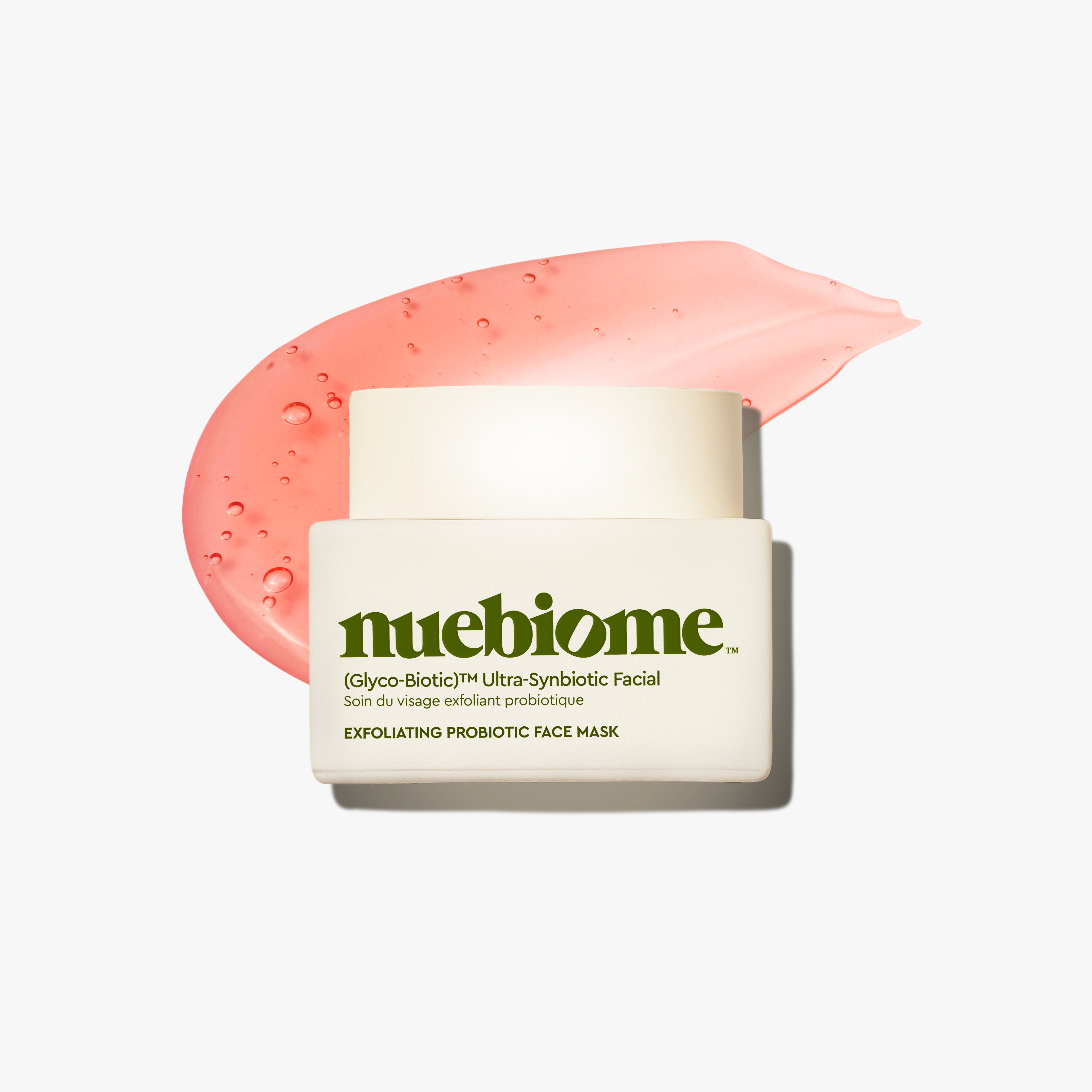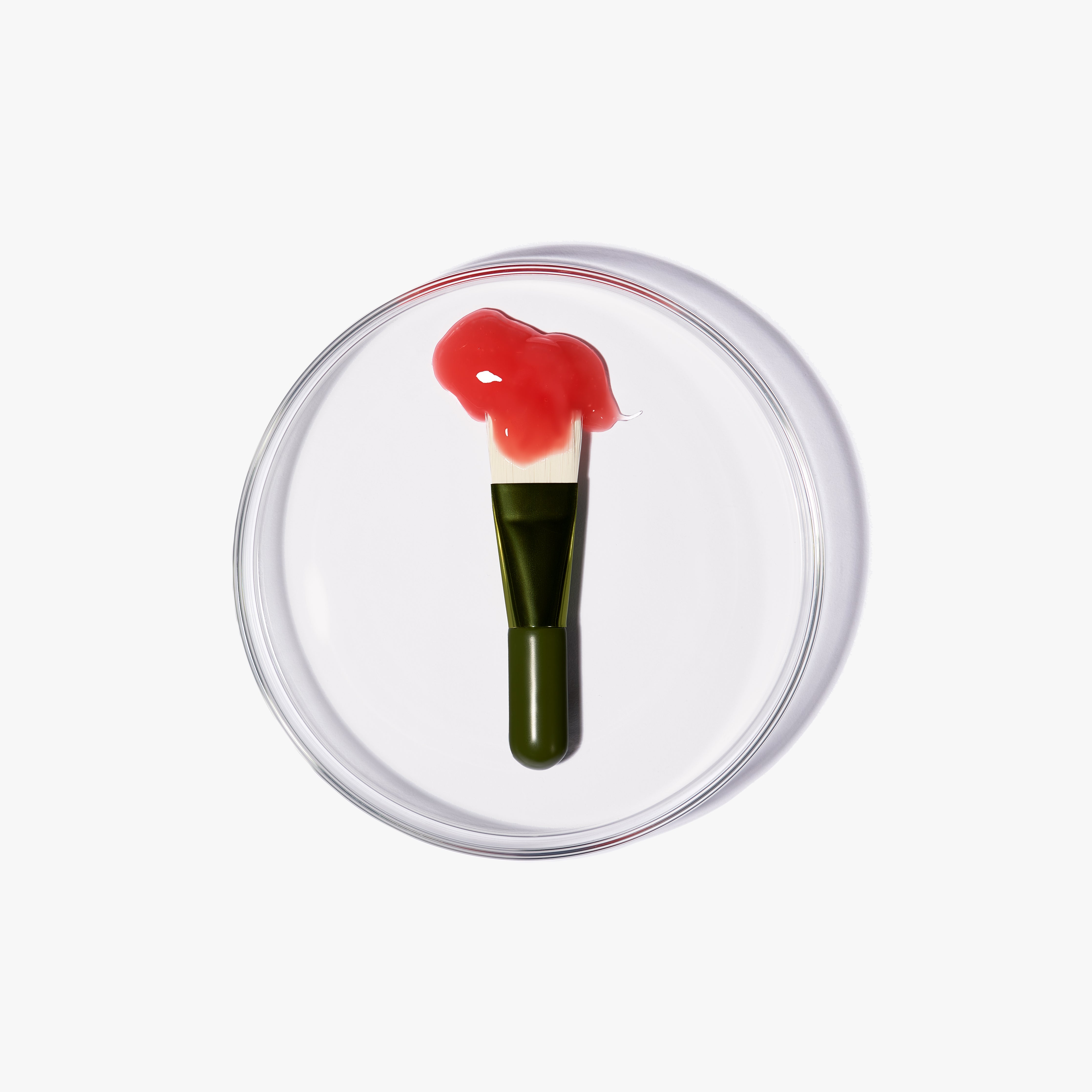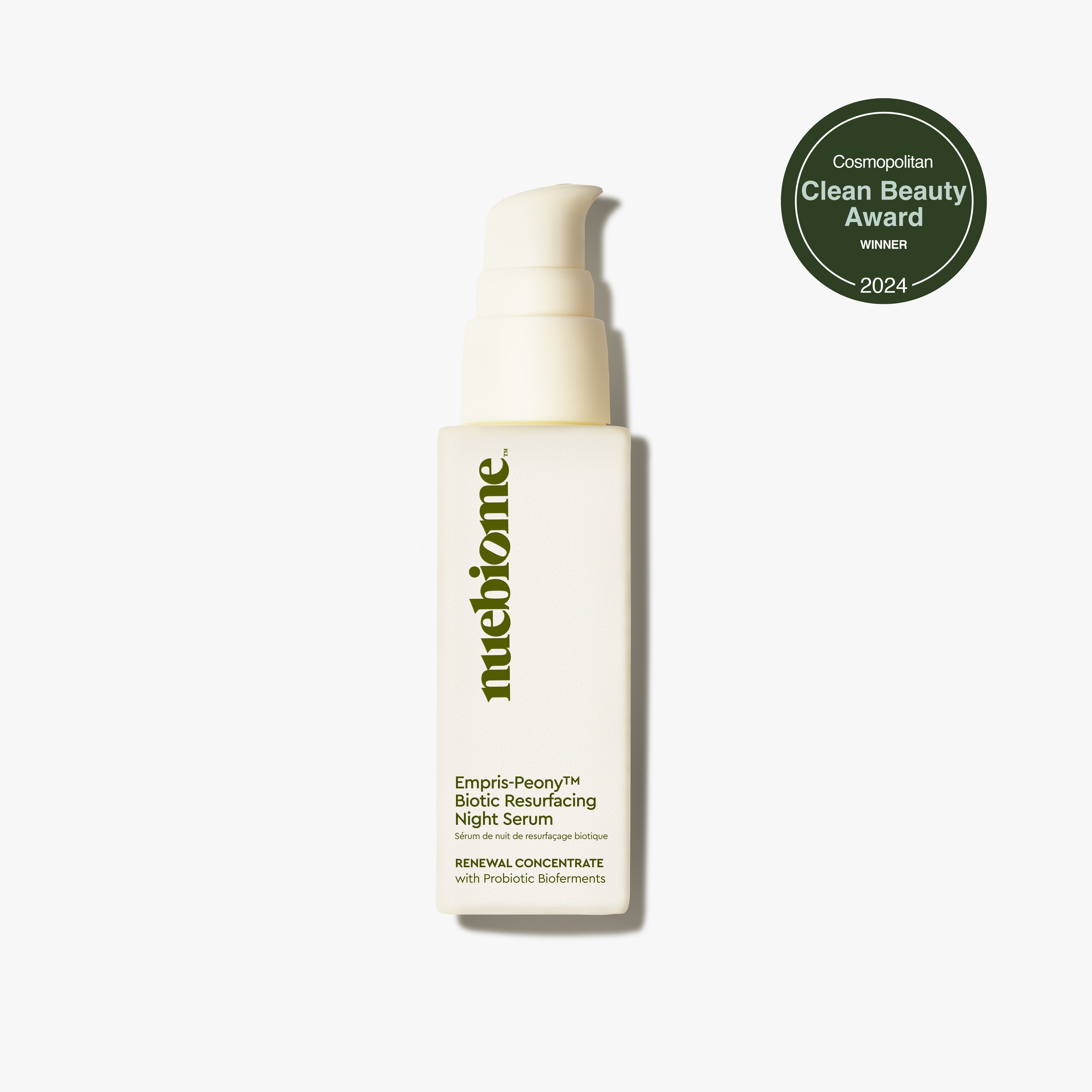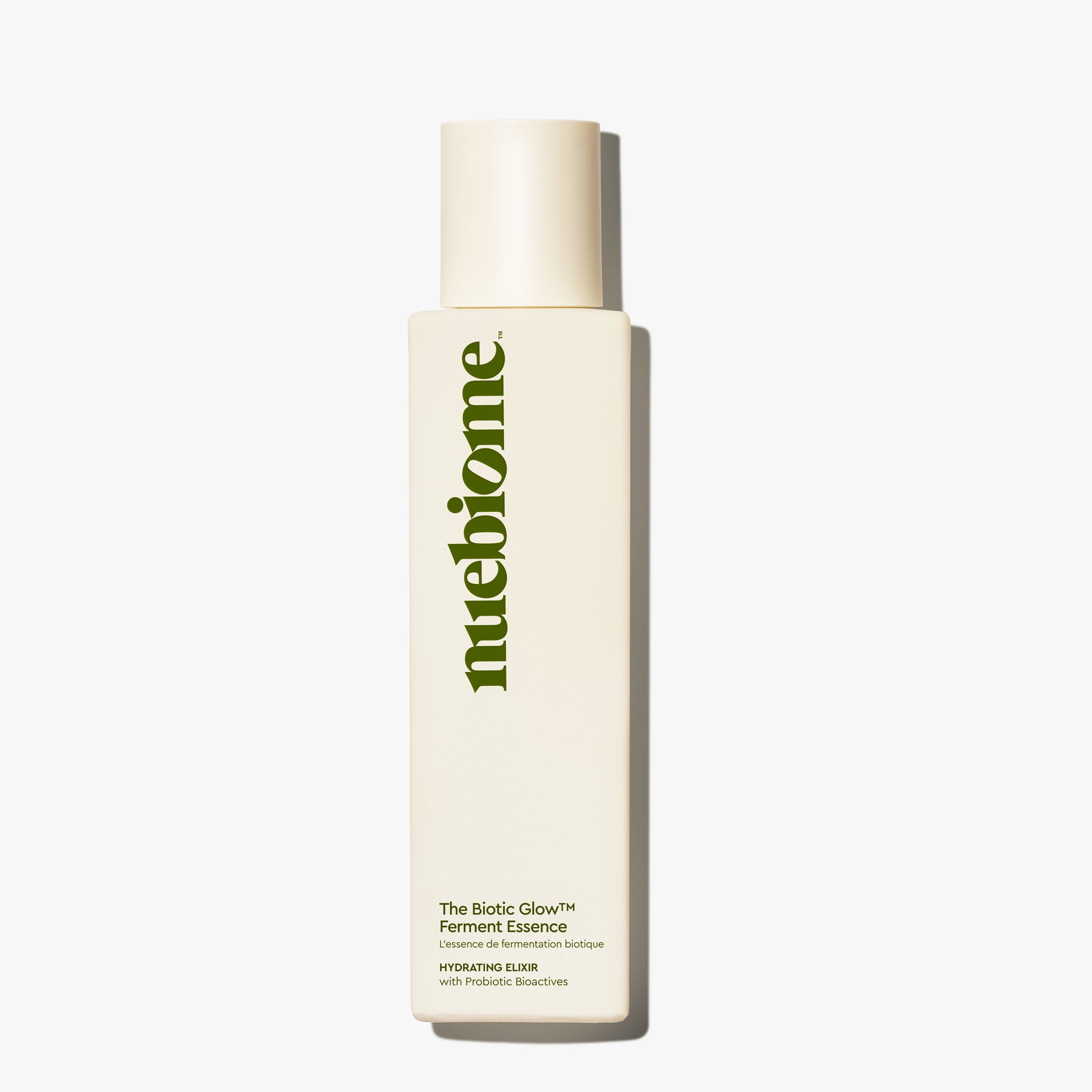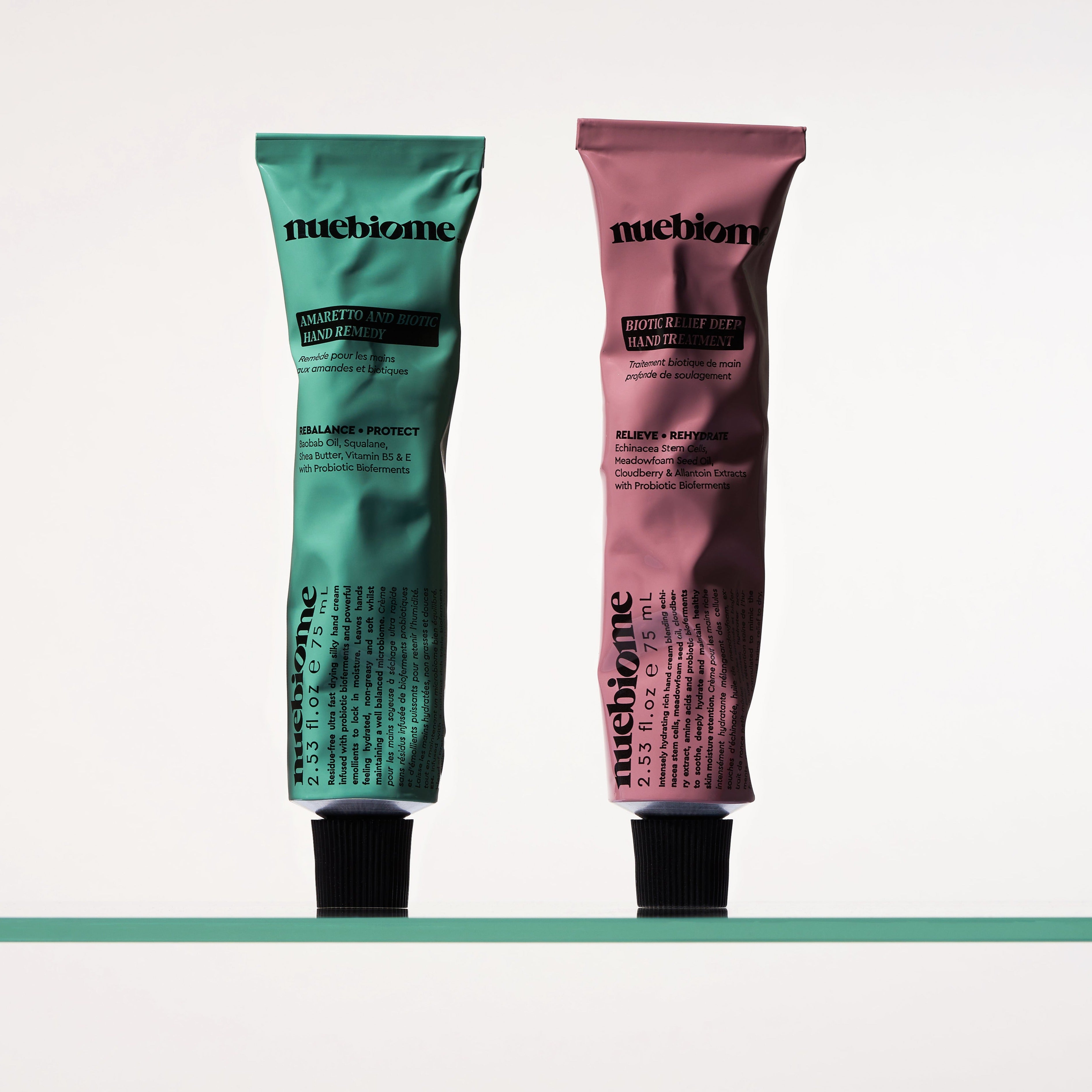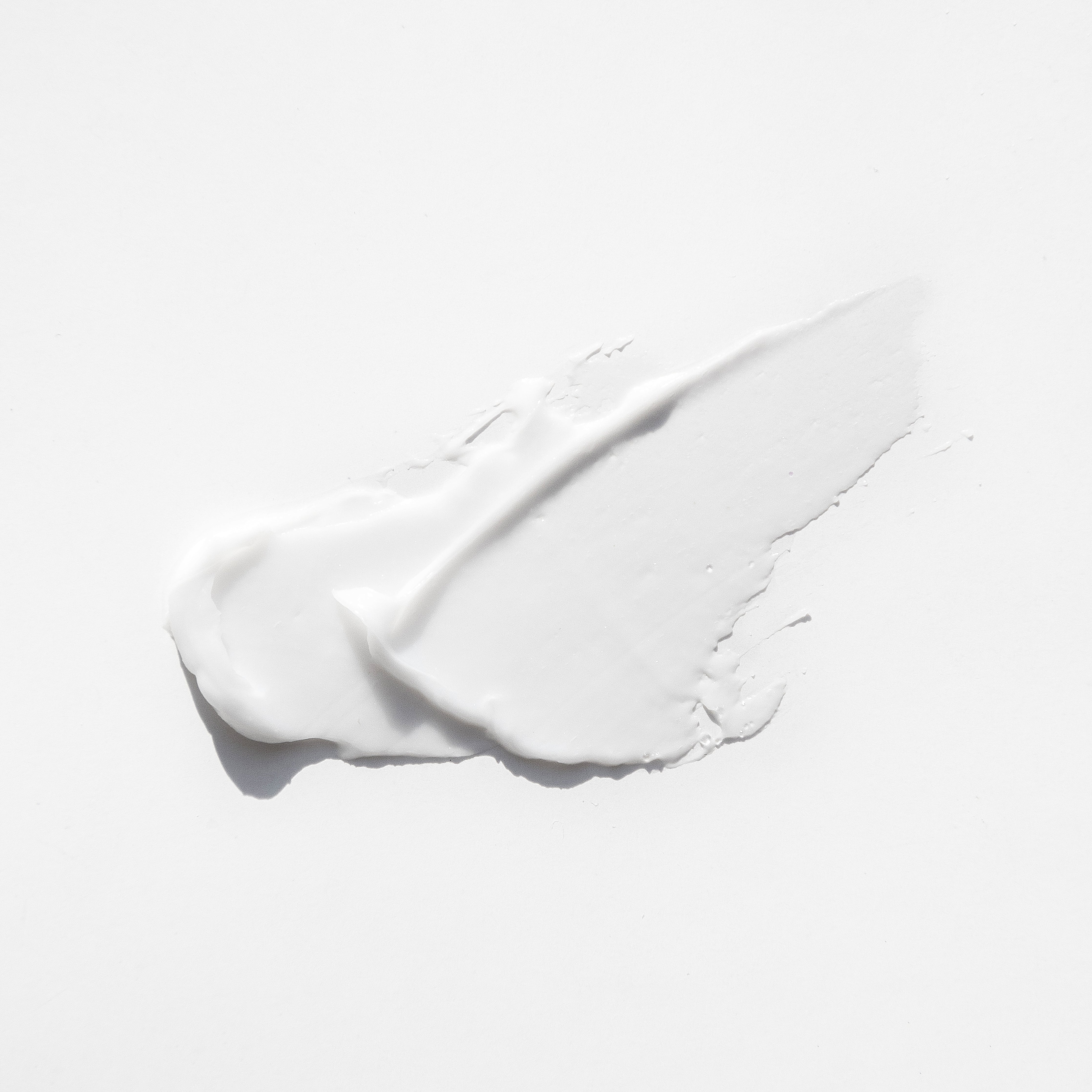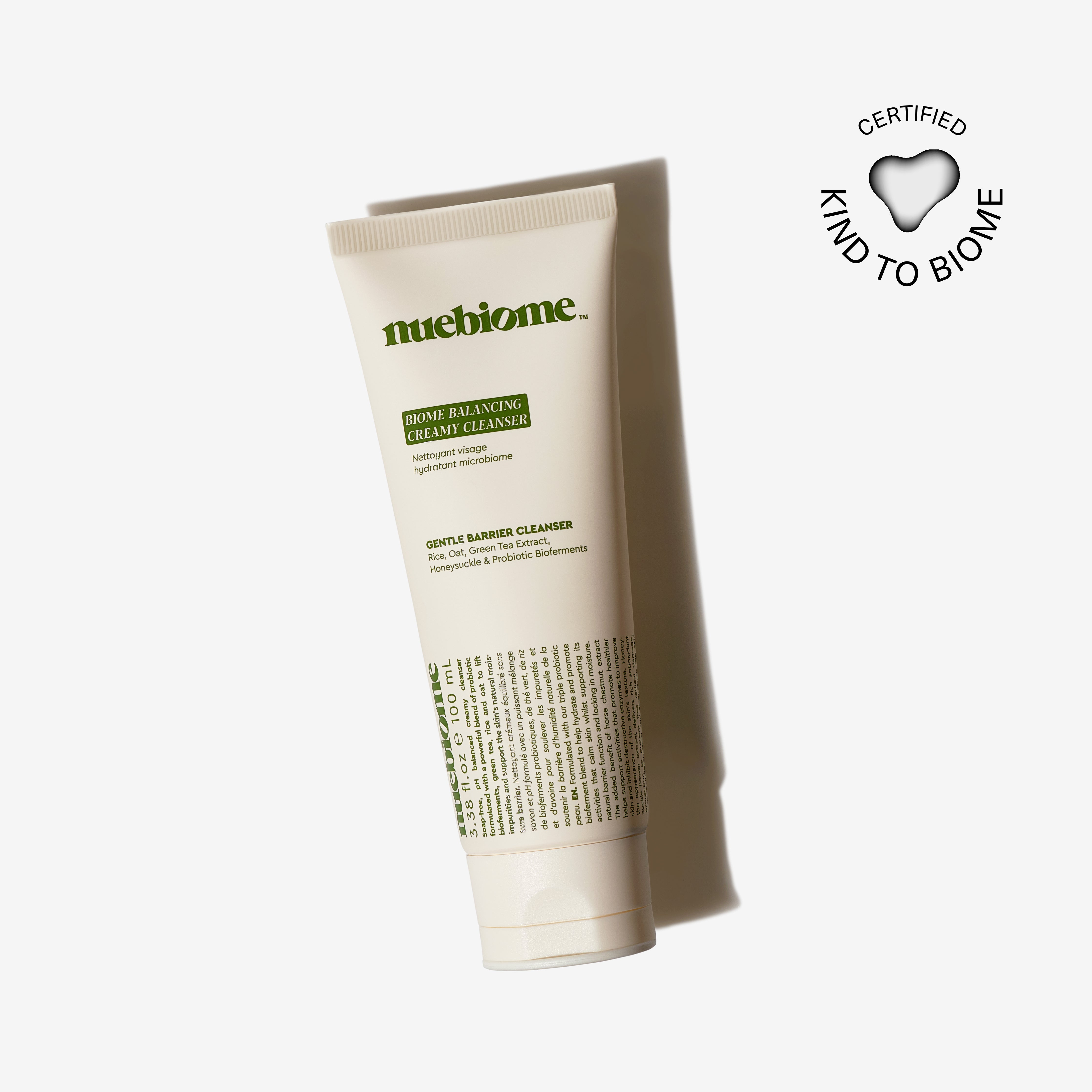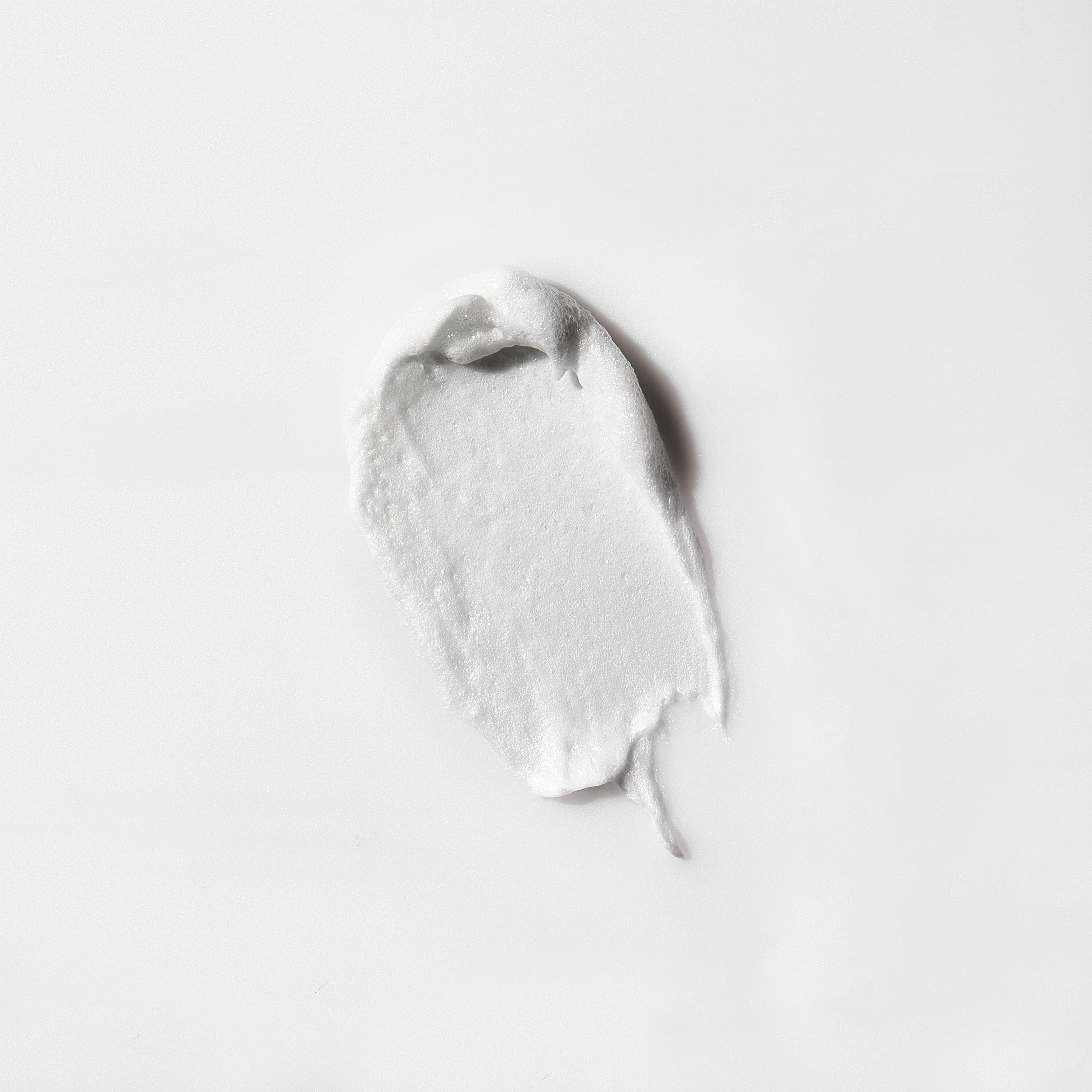Your skin is more than just a surface; it's a dynamic, living ecosystem teeming with trillions of microorganisms. This invisible community of bacteria, fungi, and viruses is collectively known as your skin microbiome. Think of it as a microscopic rainforest, where diversity and balance are the keys to a thriving environment. When this delicate ecosystem is in harmony, your skin looks and feels its best—resilient, radiant, and calm. But when it's thrown off-balance, a state known as dysbiosis, your skin will send out clear distress signals.
At Nuebiome, we believe in a science-first, skin-centric approach that honors this vital ecosystem. Understanding the language of your skin is the first step toward restoring its natural equilibrium and unlocking its true potential. If you've been battling persistent skin woes with no end in sight, it might be time to look deeper. Your microbiome could be crying out for help. Here are the most common signs of a damaged skin microbiome on your face.
What is the Skin Microbiome, Really?
Before we dive into the signs of distress, let's clarify what this crucial layer does. Your skin microbiome is your body's first line of defense against the outside world. This complex community of microbes works symbiotically with your skin cells to perform several critical functions:
- Protection: It acts as a physical barrier, preventing pathogens and environmental aggressors like pollution from penetrating the skin.
- Immune Regulation: It communicates with your immune system, helping to calm inflammation and manage skin's response to potential threats.
- Nutrient Production: Beneficial microbes produce essential nutrients, vitamins, and hydrating factors like ceramides that keep your skin healthy and moisturized.
- pH Balance: It helps maintain the skin’s naturally acidic pH (around 5.5), which is crucial for preventing the overgrowth of harmful bacteria.
When this balance is disrupted, the "bad" microbes can proliferate, the protective barrier weakens, and a cascade of skin issues begins.
The Unmistakable Signs Your Microbiome is in Distress
Is your skin constantly acting up? It might not be your skin type—it might be your microbiome. Here’s what to look for.
1. Increased Sensitivity and Redness
Does your skin react to everything? Do you experience flushing, stinging, or burning, even with products you've used before? This is a hallmark sign of a compromised microbiome. A balanced microbiome fortifies your skin barrier (the stratum corneum). When dysbiosis occurs, this barrier becomes porous and weak, allowing irritants, allergens, and pollutants to penetrate more easily. This breach triggers an inflammatory response from your immune system, resulting in visible redness and a persistent feeling of sensitivity. Conditions like rosacea and eczema often flare up when the microbiome is out of sync.
2. Persistent Dryness, Flakiness, and Dehydration
If you're constantly slathering on moisturizer only to feel dry and tight an hour later, your microbiome may be the culprit. A healthy microbial community is instrumental in producing and maintaining the skin’s natural moisturizing factors (NMFs) and lipids, including essential ceramides. These components are the "mortar" that holds your skin cells "bricks" together, creating a seal that locks in moisture. When your microbiome is damaged, this production line falters. The result is transepidermal water loss (TEWL), where water evaporates from your skin, leaving it chronically dehydrated, flaky, and uncomfortable.

3. Uncharacteristic Breakouts and Acne
While acne is a complex condition, a sudden increase in breakouts or acne that just won't clear up is often linked to microbial imbalance. Certain strains of bacteria, like Cutibacterium acnes (C. acnes), are a natural part of the skin's ecosystem. In a balanced environment, their population is kept in check by other beneficial microbes. However, when the microbiome is disrupted—often by harsh, stripping products—C. acnes can overgrow. This overgrowth, combined with a weakened skin barrier and increased inflammation, creates the perfect storm for clogged pores, pimples, and persistent acne.
4. A Dull, Lackluster Complexion
Does your skin lack that vibrant, healthy glow? A dull complexion is a direct reflection of poor cellular function, and your microbiome is a key player in this process. A thriving microbiome supports efficient desquamation—the natural shedding of dead skin cells. When the ecosystem is damaged, this turnover process slows down dramatically. Dead cells accumulate on the surface, scattering light instead of reflecting it, which leads to a flat, lackluster appearance. Furthermore, healthy microbes help process nutrients that contribute to skin's overall radiance, so when they're not functioning properly, your skin’s vitality suffers.
5. Rough and Uneven Skin Texture
Run your fingers over your cheeks. Does your skin feel smooth and supple, or rough and bumpy? Uneven skin texture is closely tied to the previous two points: dehydration and slowed cell turnover. When your skin can't hold onto moisture, it becomes less plump and pliable, accentuating surface imperfections. Simultaneously, the buildup of dead skin cells creates a coarse, uneven surface. This combination results in a texture that feels anything but smooth and looks visibly less refined.
6. Premature Signs of Aging
While aging is a natural process, a damaged microbiome can accelerate it. Chronic inflammation, a key consequence of dysbiosis, is a major driver of premature aging—a process sometimes called "inflammaging." This low-grade, persistent inflammation degrades collagen and elastin, the proteins that give your skin its firmness and bounce. Coupled with oxidative stress from a weakened barrier’s inability to fight off free radicals, you may notice an earlier onset of fine lines, wrinkles, and loss of firmness.
7. Skin That Heals Slowly
Have you noticed that a small pimple leaves a mark that lingers for weeks, or a minor scratch seems to take forever to fade? Slow wound healing is another subtle but significant sign of an imbalanced microbiome. Your skin’s resident microbes play an active role in the healing process by modulating inflammation and fighting off infection. When your microbial allies are depleted, the skin’s ability to repair itself is impaired, leading to prolonged recovery times and a greater likelihood of post-inflammatory hyperpigmentation (dark spots).
Restoring Harmony: A Nuebiome Approach to Microbiome Care
Recognizing the signs is the first step. The second is taking gentle, effective action to restore balance. At Nuebiome, our entire philosophy is built around nurturing your skin's delicate ecosystem with biotic-infused formulas.
Start with a Gentle Foundation
The single most disruptive thing you can do to your microbiome is use a harsh, stripping cleanser. Alkaline, soap-based formulas obliterate both good and bad microbes and strip away the skin's protective lipid barrier. To rebuild a healthy microbiome, you must start with a cleanser that respects it. The Biome Balancing Creamy Cleanser is meticulously formulated for this purpose. Its soap-free, pH-balanced creamy texture lifts impurities without stripping essential moisture. Infused with a powerful blend of probiotic bioferments, green tea, and oat, it cleanses, soothes, and supports the skin’s natural barrier from the very first step of your routine.

Power Up Your Renewal Process
To combat dullness, uneven texture, and the sluggish cell turnover associated with a damaged microbiome, a targeted treatment is essential. However, aggressive exfoliants can cause further disruption. This is where intelligent formulation comes in. For a powerful yet microbiome-kind solution, we recommend the Empris-Peony™ Biotic Resurfacing Night Serum. This best-selling nightly treatment works while you sleep to restore balance and radiance. It combines our signature probiotic bioferments with gentle flower acids and multi-tasking peptides. This sophisticated blend helps to gently exfoliate dead skin, promote healthy renewal, and deeply hydrate, addressing the core signs of dysbiosis to reveal smoother, firmer, and visibly radiant skin by morning.
Your Skin is Speaking—Are You Listening?
The signs of a damaged skin microbiome are not just isolated cosmetic issues; they are a profound communication from your skin's living ecosystem. Increased sensitivity, persistent dryness, breakouts, and dullness are all signals that your skin's first line of defense is compromised.
By shifting your focus from fighting your skin to nurturing it, you can begin the journey back to balance. Embrace gentle practices, protect your skin from environmental aggressors, and choose scientifically formulated skincare that feeds your skin's beneficial microbes. Listen to your skin, support its microbiome, and watch as it rediscovers its own innate ability to be healthy, resilient, and beautifully radiant.
